When people on the bottom feel disenfranchised, that their extra effort won't pay off because upward mobility seems impossible or extremely unlikely, social cohesion and stability suffer. As an American living in Colombia, I am particularly fascinated by the inequality debate taking place in the United States now. It all seems so familiar, and so relevant for Colombia, as well. On the whole, gross inequality is not only bad for the poor. It's bad for everyone.
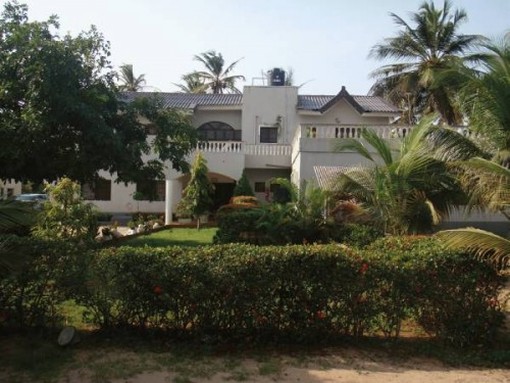 A home in a green oasis in the Lekki neighborhood of Lagos, Nigeria.
A home in a green oasis in the Lekki neighborhood of Lagos, Nigeria. 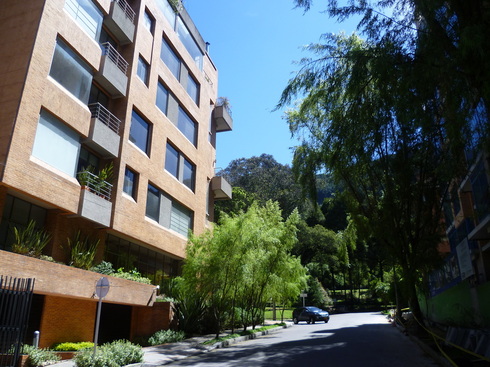 A peaceful, green street in my neighborhood of Bogotá, lined with luxury condominiums.
A peaceful, green street in my neighborhood of Bogotá, lined with luxury condominiums. And the gross inequality of Bogotá, not often visible from the confines of the wealthier districts, adds to the luxurious life that the upper classes here live. Abundant cheap labor makes life convenient, relaxing and safe. There are maids who cook, clean and care for children, doormen who guard the countless luxury apartment buildings, and a whole array of other people providing services at very low cost to make life almost care-free by the standards of the average person in the so-called rich world. The upper classes here have very little interest of moving to Europe or the US, except possibly in pursuit of an education - after which they tend to come home.
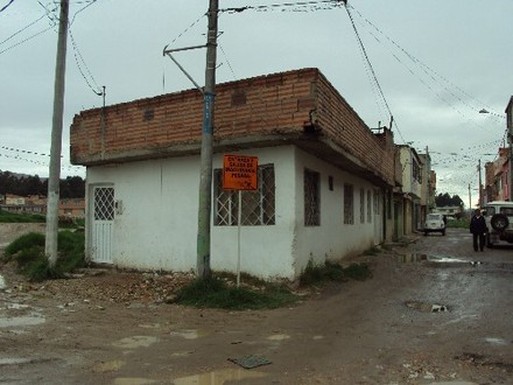 An unpaved street in the Ciudad Kennedy neighborhood of Bogotá.
An unpaved street in the Ciudad Kennedy neighborhood of Bogotá. 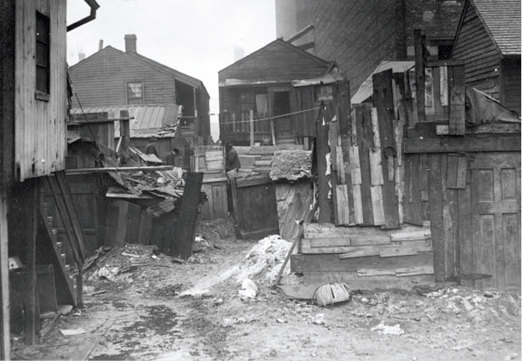 Slum in New York City in 1910.
Slum in New York City in 1910. 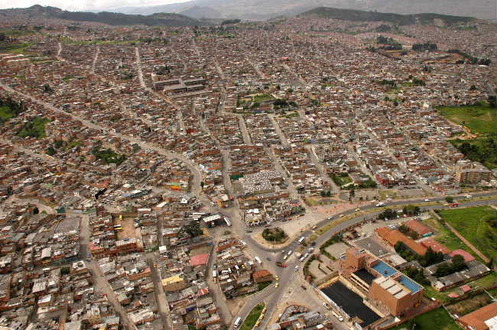 The treeless, barren landscape of the poor Bogotá suburb of Soacha.
The treeless, barren landscape of the poor Bogotá suburb of Soacha. There is a lot of research establishing the negative consequences resulting from a lack of trees and green space in a neighborhood, ranging from the physical (more polluted air and a stronger heat island effect) to the psychological (lower general sense of well being and more stress). Green in the public space is one example of a common human need that is often not being met in grossly unequal societies - just like good public schools and security. Efforts to address gross inequality can start with initiatives to re-balance public goods, to make the experience of walking down a street in Soacha feel not so utterly different from the experience of walking down the street in Chico (a wealthy neighborhood of Bogotá), or being in a public school in the south Bronx not so different from attending a public school in Westchester County (a wealthy suburban area of New York).
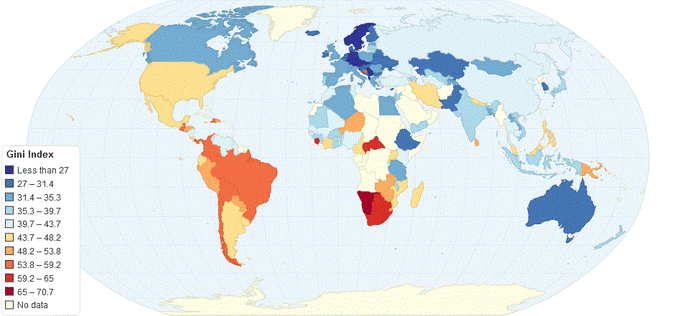
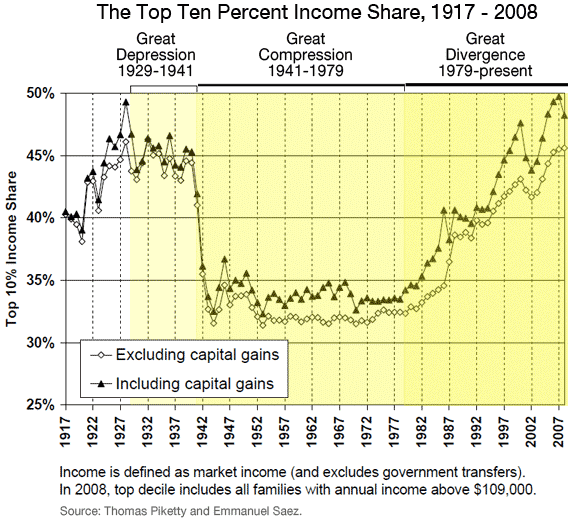
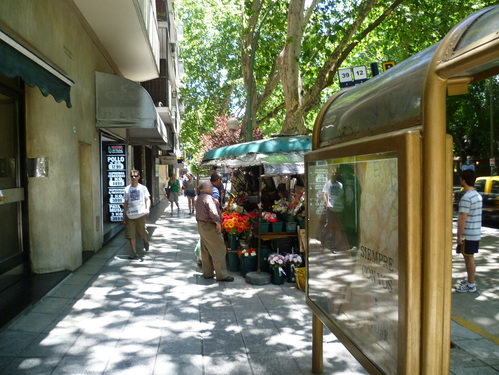
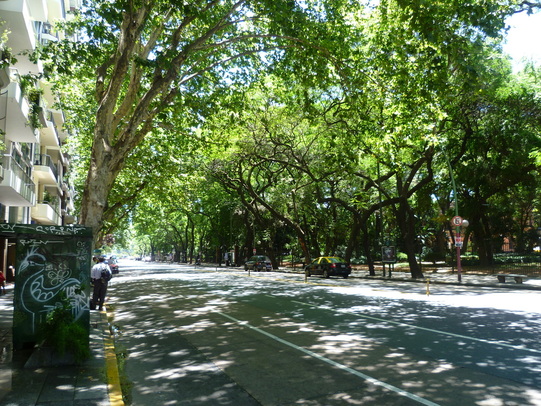
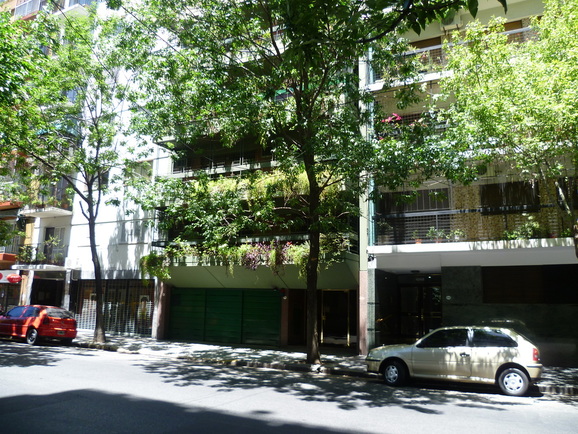
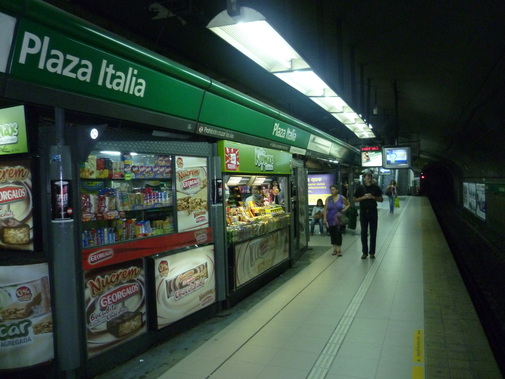
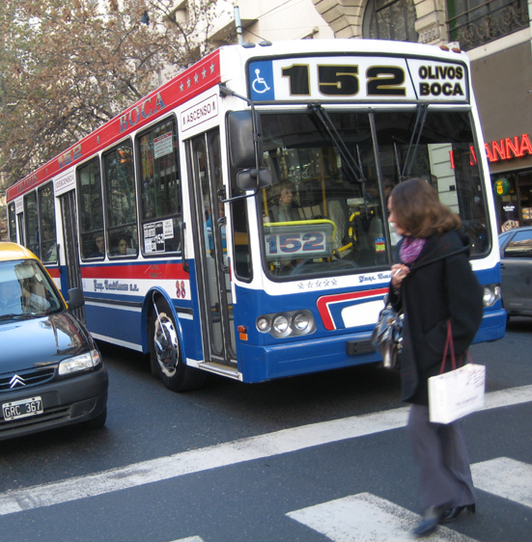
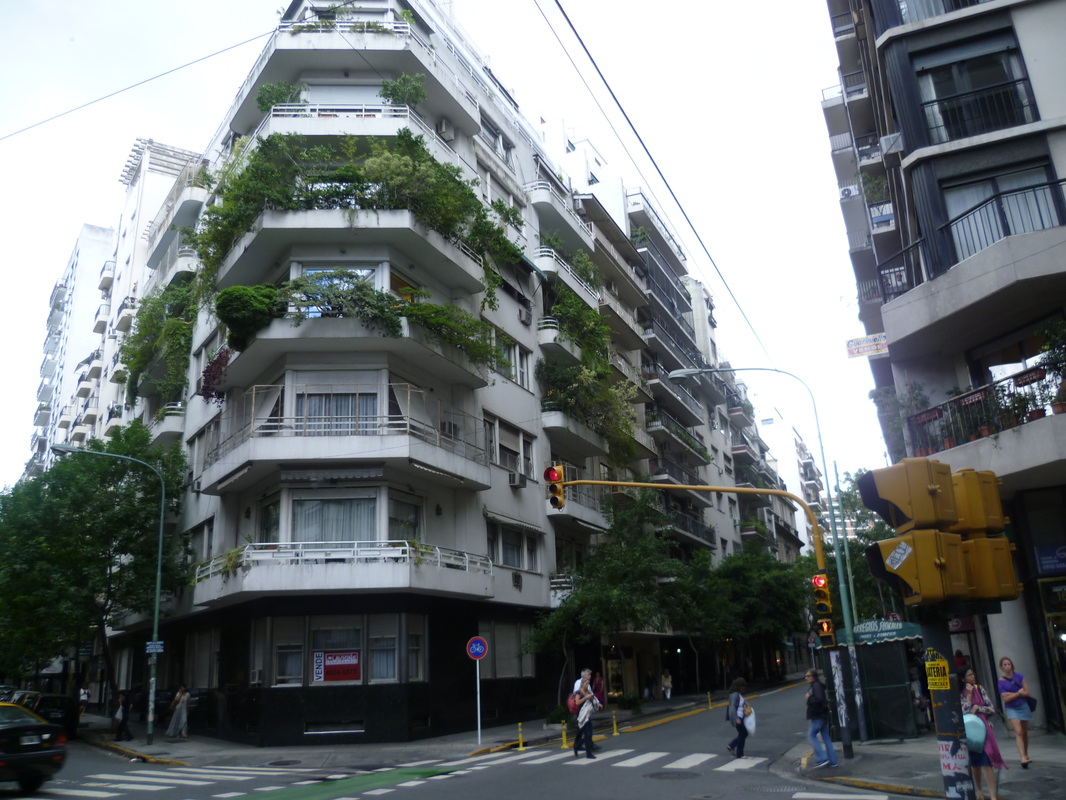
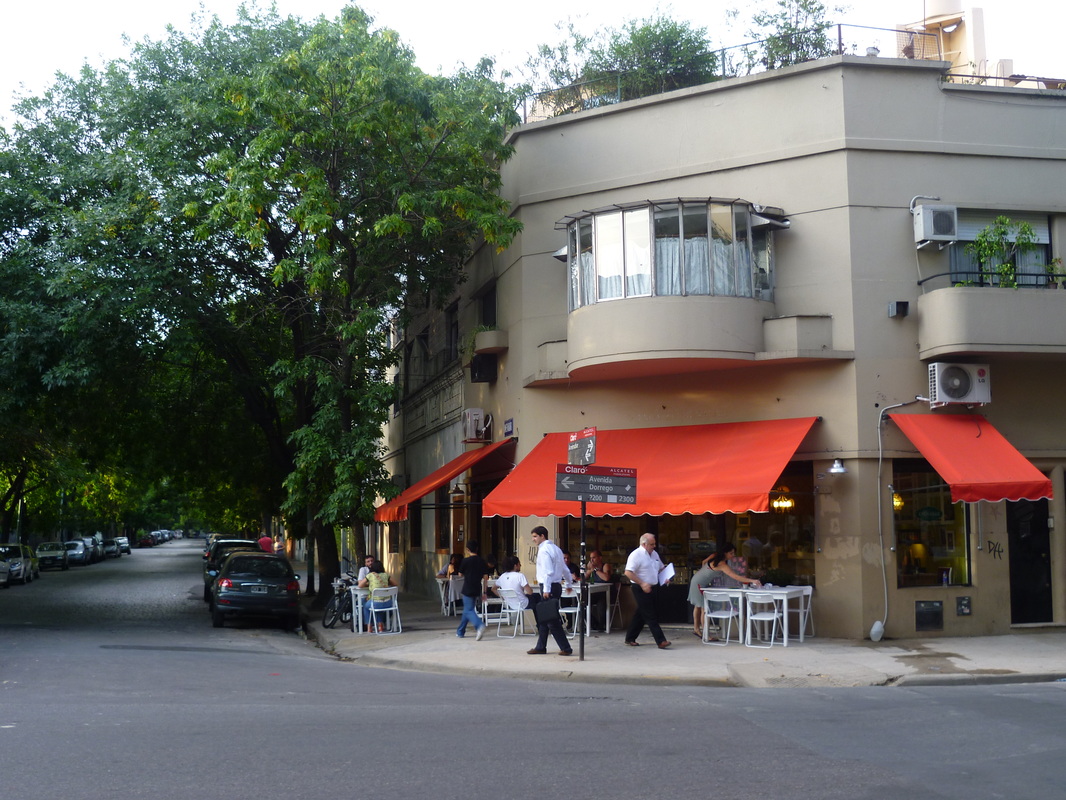
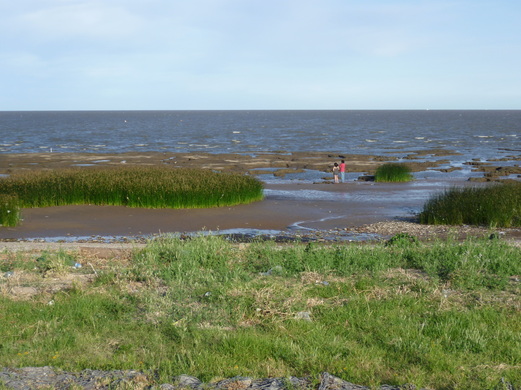

 RSS Feed
RSS Feed

